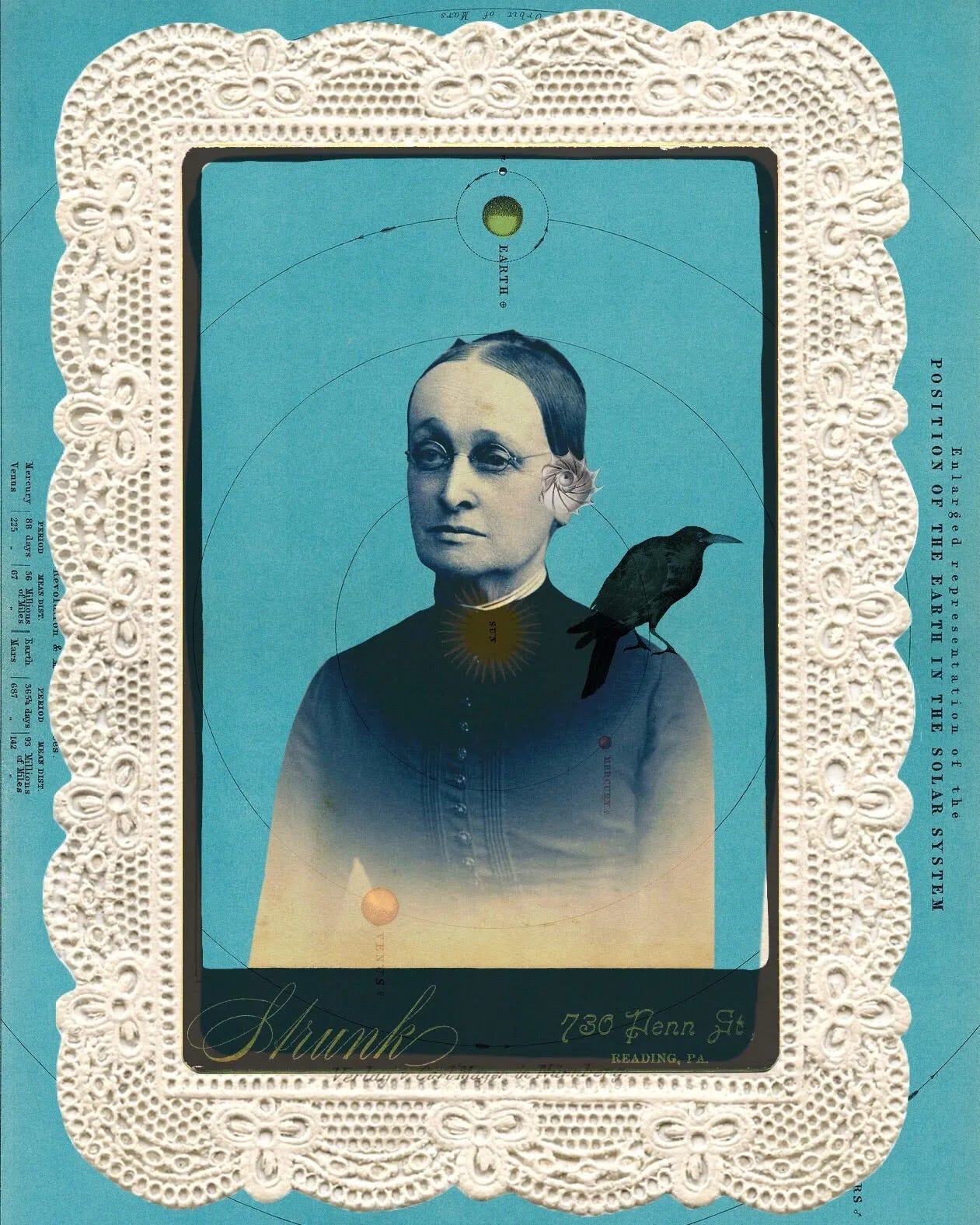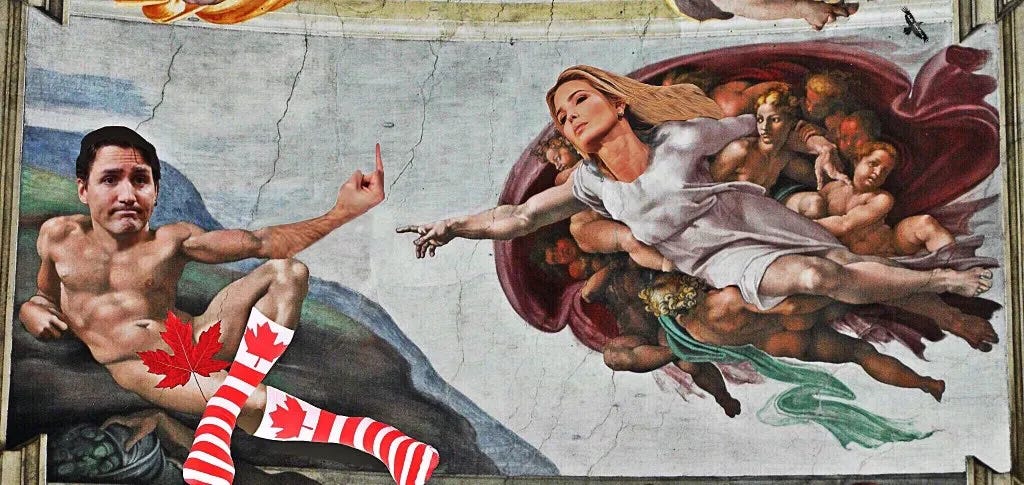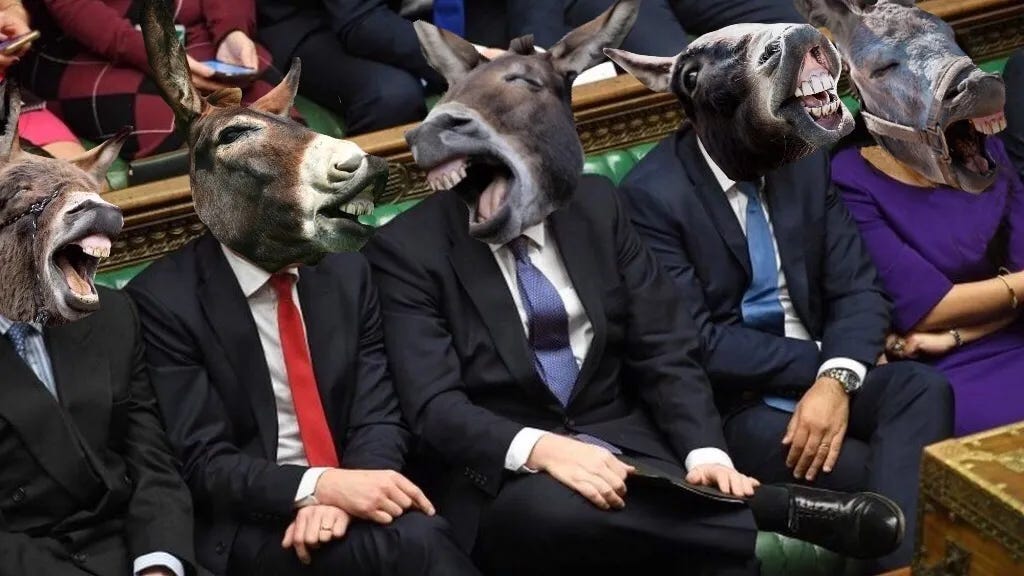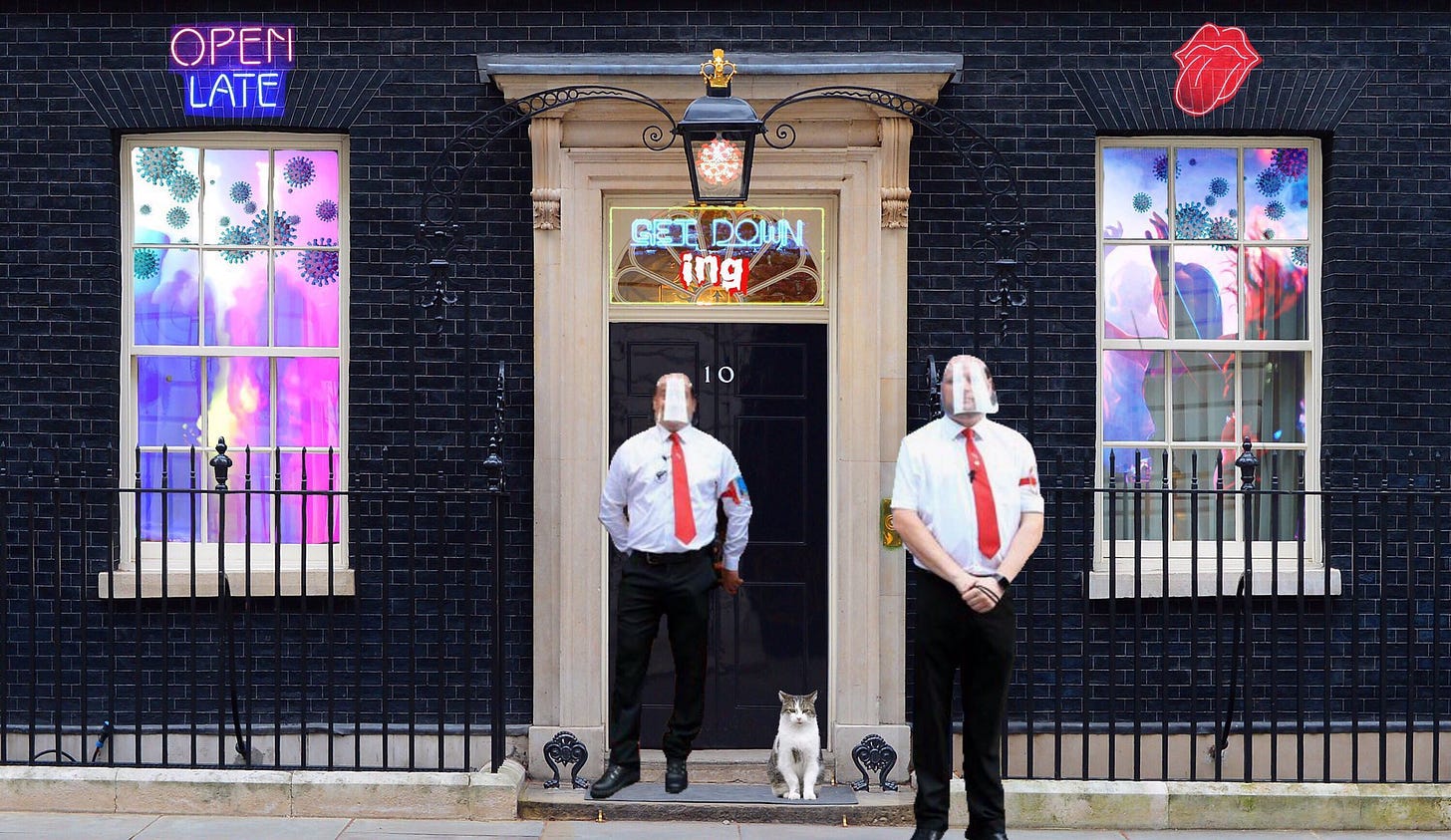To leave or not to leave
Where do we draw a red line with the use of Twitter and other platforms?
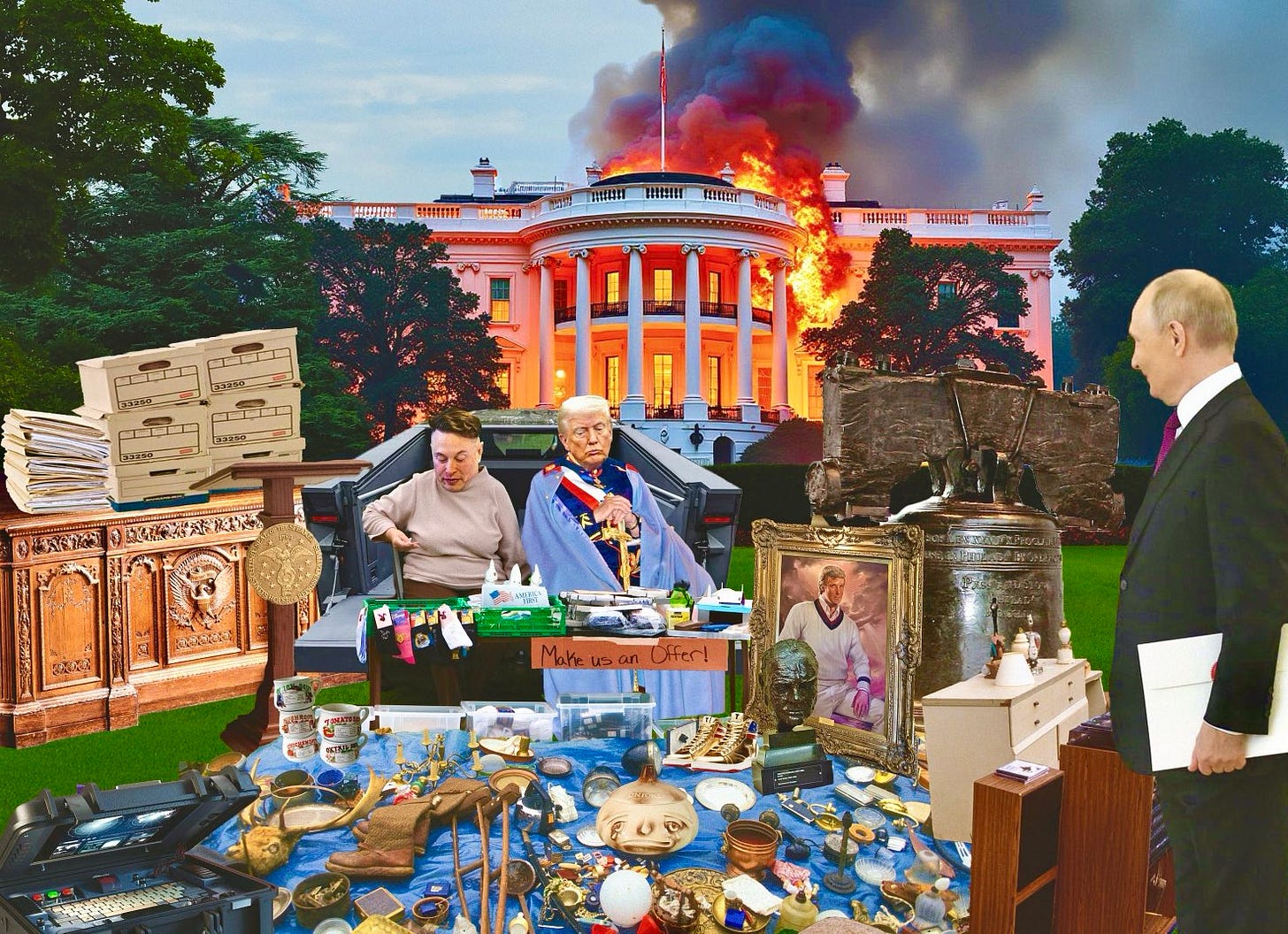
The Blue Bird is a fairy tale in theatrical form by the Belgian Maurice Maeterlinck, who won the Nobel Prize for Literature the year after its debut in 1900. Two children seek the Blue Bird of Happiness, along the way experiencing empty pleasures in the form of luxuries: The Luxury of Being Rich, of Knowing Nothing, of Understanding Nothing, of Doing Nothing, of Satisfied Vanity, and of Being a Land Owner. These are shown to be hollow and ugly, and the pair find that happiness lies not in things, not in receiving, but in giving. The Blue Bird remains unreachable, but a thing of hope.
125 years on, I often think of The Blue Bird in relation to Twitter, and not just for the obvious reason of the former logo. I’m on it a lot, some days I’ve existed there as much as in the ‘real world’. When it comes to neurodivergence, I’ve come to think of Twitter as my main stim. This makes it harder to leave.
I don’t think of Twitter – yes, I still call it that, and always will, as the alternative is sterile, poorly-designed, edgelord-wannabe-strongman bollocks – as some pale imitation of reality, or substitute for it. As a place to hide from real relationships and issues. Quite the opposite: in many ways I consider Twitter to be the more real world, and in some ways a better world. The only fantasy element there is that sometimes it makes the fantastical a reality.
Or I did think that way. And on reflection, despite *gestures wildly* everything, I somewhat still do.
It’s easy to think of Twitter purely as a vehicle for communication, especially when new to it. You start out feeling it’s one-way communication, as you say things but no one seems to be listening. Many bug out at this stage.
I joined sometime around 2010 and soon left again, not seeing the point or potential. I can’t remember why I tried again in May 2019 – the boredom of rural France? – but this time it quickly became a way to communicate and connect in every possible way: individually, one-to-one, collectively, politically, humorously, comfortingly, combatively, helpfully, informatively.
Slowly I realised that, if you know what you’re doing and develop a sound community, Twitter could be the most reliable source and most democratic nation on Earth. That when people called it a global town square they were onto something.
This of course has changed drastically under the rancid ‘stewardship’ of Elon Musk. You can’t even be sure that ‘people’ are authentic anymore, let alone what they’re saying. There are the bot armies, weird ads and accounts, naked laydeez, and so, so many more dystopian delights. Many of the best people have left.
Oh, right. And all the motherfucking not-sees.
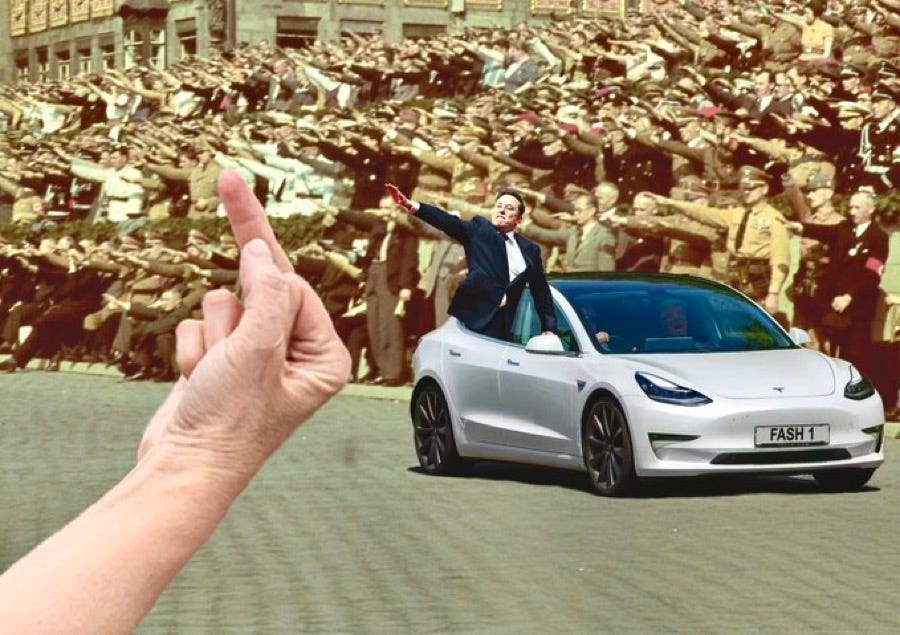
I sometimes mentally divide life into ten elements which, applied to Twitter, make it a snap to turn this paean to an app into a Buzzfeed-style listicle. These are the things I’ve loved about or needed from Twitter for myself; your mileage may of course vary.
Physical: I knew about Covid and its likely trajectory months before the UK ‘government’ took action. I was in personal lockdown in France nearly a month earlier than the UK. It’s easy to deride this now lockdowns are widely associated with loss of freedom and extreme solutions. But people so quickly forgot this was pre-vaccines. I may owe my life to experts on Twitter like virologists, epidemiologists, and Italian ER doctors. I still wear masks because of them, and have my eye firmly on, i.e. avian flu developments. There’s rampant misinformation, but way less than on Facebook, and more often than not Twitter is still weeks or even months ahead in knowing what’s what. There’s a strong and wonderful global community of Covid-aware and long Covid-suffering people there to this day.
Emotional: it’s easy to overlook but, if you consciously focus on it, you’ll find Twitter contains, more than anything, people comforting each other. Over lost family, friends, pets, opportunities. I know at least one person who was about to give their life away, and was rescued by his Twitter community. He’s still there, and helping others in despair. Sometimes a kind word or a laugh can change your day. You can say these things are obtainable, and more authentic, from people you know offline. My experience was that when my parents died 18 days apart, then three friends within the month or so that followed, then more, then more, it was the kindness of strangers that helped above all else. Those in your ‘real’ life can be wonderful in the moment, but it comes as a shock how few check in from then on. On Twitter, this is offered by some, but you can ask for support, advice, comfort, to be heard, anytime you need it. Unless you’re doing it for clicks (some do, ugh) it’s there. That’s priceless and astonishing. Yes, there are nasty stupid trolls. They’re far outweighed by genuine kindness, interest, and community, and are easily blocked.
Mental: you can learn anything on Twitter, but the main thing you learn, by practice, is communication and trust. Not everyone is who they say they are, or wants you to think they are: you develop better radar for that. You learn what triggers the parts of you you aren’t so proud of, and how to respond to them best. (Sometimes by not responding at all, because you know you’ll be an irritable git. Unless being an irritable git is your USP, in which case, fair play to you). You learn to pick your battles. You encounter people like Covidiots, with whom you can’t reason, but try anyway. Then one day you encounter one in the real world, and you’re ready for them. You can pick any discipline or subject you like, and seek out experts who’ll advise you or point you to resources. You learn to discern who’s truly expert about what and who’s just talking out of their arse. Including yourself. Oh, and connection with fellow late-diagnosed AuDHD people and AuDHD experts and their memes is an ongoing sparker of much gratitude more recently.
Spiritual: as a [col]lapsed Catholic, this one isn’t about God for me, aside from the funny ‘God’ Twitter account. Also the ‘Satan’ one. In fact, if someone’s bio is very god-bothery I’m a lot less likely to follow them. It’s more about learning to see things from others’ point of view, listening, and being made to see the big picture, the wide view, more often. Perspective, baby. And accounts like Hookland keeping me connected to a sense of olde, dark, and numinous.
Creative: during the hellish deathy period described above, I started doing a daily collage prompt project on Instagram to keep me occupied and sane. When that ended, I started my own annual prompt project. I shared some collages on Twitter, and people like Alison Moyet loved them. The Kindest Person [then] on Twitter™️, Kristen Johnston, commissioned artwork from me. That gave me the confidence to start an online print shop and take more via-Twitter commissions. I saw a tweet calling for freelance pitches to Byline Times and ended up writing nearly 30 articles for them. I have a short story in the Honno Press crime anthology Cast a Long Shadow, having seen the submission call on Twitter. And so on and so on. It’s been an engine of midlife creative renaissance. And if you’re reading this you might have found it through Twitter, despite Musk’s suppression of Substack. Thank you.
Financial: Brexit forced me back to the UK in July 2021 after seven years away. If not for the kindness of Twitter people I might not have managed it. The beleaguered protestor Steve Bray once received enough crowdfunded support overnight that he could probably afford a treehouse overlooking Westminster. Surgeries, funeral expenses, education funds, emergency funds, aid for Ukraine, and on and on. There’s the odd scammer, of course, but mainly Twitter enables strangers to leap to each others’ help instantly. An unsung emergency service.
Political: we’re back to The Luxury of Being Rich, of Knowing Nothing, of Understanding Nothing, of Doing Nothing, of Satisfied Vanity, and of Being a Land Owner. Aka Tories / Republicans / fascists. Political Twitter has been the making of me. I made cruel memes to taunt Trumps and started finding community that way. Longtime crush John Cusack retweeted my memes throughout the 2020 presidential election. Would we Brits have survived the despair of watching our nation turned into a kleptofascist sociocracy, the exhaustion of being psychologically abused by our own government, if we didn’t have each other to cling to? And, good or bad, you can tell politicians what you think of them to their face. If they block you for it, you can talk about that instead. At a time when the news often no longer reports the news, real people on Twitter know the truth.
Sexual: if an account follows me and they’re just about porn or similar, I don’t bother. I don’t see Twitter as being the place for that. But sex is also about choice and about reproduction so again, it’s a place for people to connect, share, comfort, and fucking organise when others, online or real world, try to tell anyone who or how they can love or what they can or can’t do with their own bodies. Twitter is a place to say FUCK YOU in some way to JK Rowling, and have an army of like-minded souls support that.
Temporal: sometimes I mention to friends about celebrities I’ve connected with on Twitter, and think maybe they think I’m name-dropping or star-fucking. But I grew up with a BBC cameraman for a Dad, seeing how grubby Sooty and Sweep were, and broke Play School’s arched window climbing through it (who knew those were made of balsa wood?). So I’m not easily glamoured. It’s more about life being a sock with holes, and certain encounters darn it together. After spending my teens sleeping below a poster of David Bowie, being able to tell his son about that, then swap lemon curd recipes, was pretty weird and wonderful. After being obsessed with Olivia Hussey through childhood, being able to tell her how badly I wanted to be her, and her telling me she wanted to be Elizabeth Taylor. Seeing an Ai Weiwei exhibit and not only being able to thank him for it but becoming mutuals. Callie Khouri liked a tweet about incels. Having the Oscar-winning writer/director/producer of Thelma and Louise and more following and giving you screenplay-writing advice is quite something. Discussing ‘bad hair our mums gave us’ with Dolly Parton’s sister. Organising an NHS protest and receiving retweet support from Stephen Fry, Bianca Jagger, and many more. Sharing a video of a French market while still wandering it, and having Patty Arquette with me, sort of. These are all creative people whose work I admired from afar at different times. Connecting with them across time and space inspired, emboldened, simplified, clarified, made anything seem possible. It stitched disparate times of a meandering life into a more coherent narrative. And, okay, sometimes it made my inner 16-year-old squeal with delight and in disbelief. It happens less now but still happens.
Magical: sometimes those temporal experiences tip over into something even more astonishing and connective. Other stories for a less bitey publication than this.
Sometimes – more often, now – Twitter is the Blue Bird of bullying, racism, frustration, regret, impatience, ignorance, disgust, rage, or fear. All that and more can be found there, for it mirrors the world it’s part of, even allowing for AI.
But it’s your choice who you follow, befriend, listen to, respond to, engage with. The mute and block buttons are your friends. Just as in life, you won’t like everyone and everyone won’t like you. (William Shatner blocked me recently. Surreal). But you can still find your people. And just the loveliest and most interesting people, stories, videos, images, and connections.
Now, with Bluesky, there’s the blue butterfly of … boringness. Look, it’s good to have a space where everyone’s more respectful, cautious, and friendly. Where information seems more trustworthy. But that’s not the real world. It’s a coffee shop with old friends, a picnic with the family. Resistance and humour are more muted, conformity stronger. I fear it could turn its back on the real world too often, develop even more defined and comfy silos. There are dangers to that.
I can’t yet leave Facebook and don’t know what the tipping point might be. It’s the only place I can keep in touch with some friends and family. But Zuckerberg’s enshittification of it and his other toys is nearing an endgame.
Twitter? Not leaving. Even a not-see salute and stealing an election wasn’t enough for me. I don’t cede space to fascists. The image below is what the global town square has become. But while Bluesky sits in a nearby cafe, I and others are still ready there with our handbags.
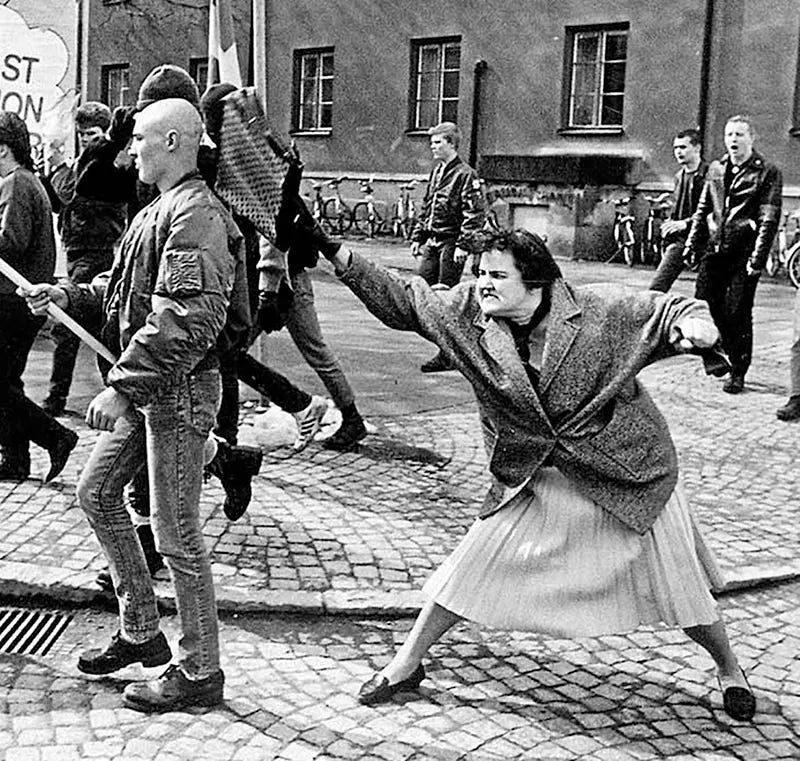
If, like me, you’re old enough to have grown up with a phone you actually had to dial, that such a thing, that the whole world, is available via a small glass and metal rectangle is still somewhat miraculous, marvellous. What you seek from the blue bird you might still find – including even happiness, and humour. Cats, dogs, red pandas, otters, art, encouragement. Even, sometimes, still, hope.





